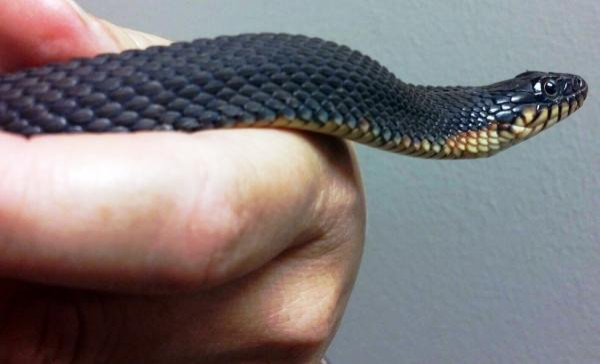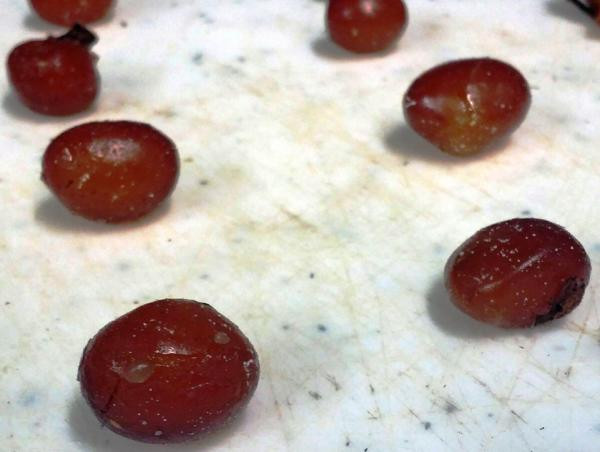The snake that needs no man: Missouri reptile able to breed without having sex

A female snake who resides at the Cape Girardeau Conservation Nature Center in Missouri, US, has caused quite a stir as she was able to reproduce without the help of a male. The yellow-bellied watersnake shocked its carers when in early September, they arrived at its cage to find freshly laid eggs.
An intern, Kyle Morton, initially thought someone was playing a prank on him he found tomato-esque egg membranes in her cage. "I thought, 'what joker put tomatoes in here for the snake'," Morton said in a statement from the Missouri Department of Conservation (MDC). "She had acted normal, other than not eating for several weeks, so it definitely took me by surprise."

Morton went to find a colleague, naturalist Jordi Brotoski, who told Morton that she had done the same thing last year. Brotoski said: "At first I thought the snake had regurgitated something until I looked at it closer. That's when I realised what had happened and then the hatchling snakes surprised me by slithering under the bedding in the cage."
However, the snake is not a reptilian reincarnation of the Virgin Mary who is able to give birth whenever she wants to; it is actually a relatively common occurrence in some reptiles, as well as some species of fish, amphibians and birds. It is more common in insects – especially bees and wasps.
The process is known as parthenogenesis and allows asexual reproduction where infants can be born without the need of their eggs being fertilised. MDC herpetologist Jeff Briggler explained in the statement that parthenogenesis can occur in the wild and in captivity, but that this breed of snake has not been documented for its ability to produce offspring without the help of the opposite sex.
"For many years, it was believed that such birth in captivity was due to sperm storage. However, genetics is proving a different story," he said. This particular snake has been at the centre for eight years, which would be too long for it to store sperm, Briggler added.
However, in the majority of parthenogenesis cases, the males tend to be offspring. "There is always a high proportion of infertile eggs due to chromosome combination, but a few can be successful and hatch if the mother has a dissimilar sex chromosome (ZW) compared to the male with copies of the ZZ chromosome," he said.
Unfortunately, this year's offspring didn't survive, but last year's are still alive and kicking. Well... slithering.
© Copyright IBTimes 2025. All rights reserved.






















